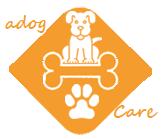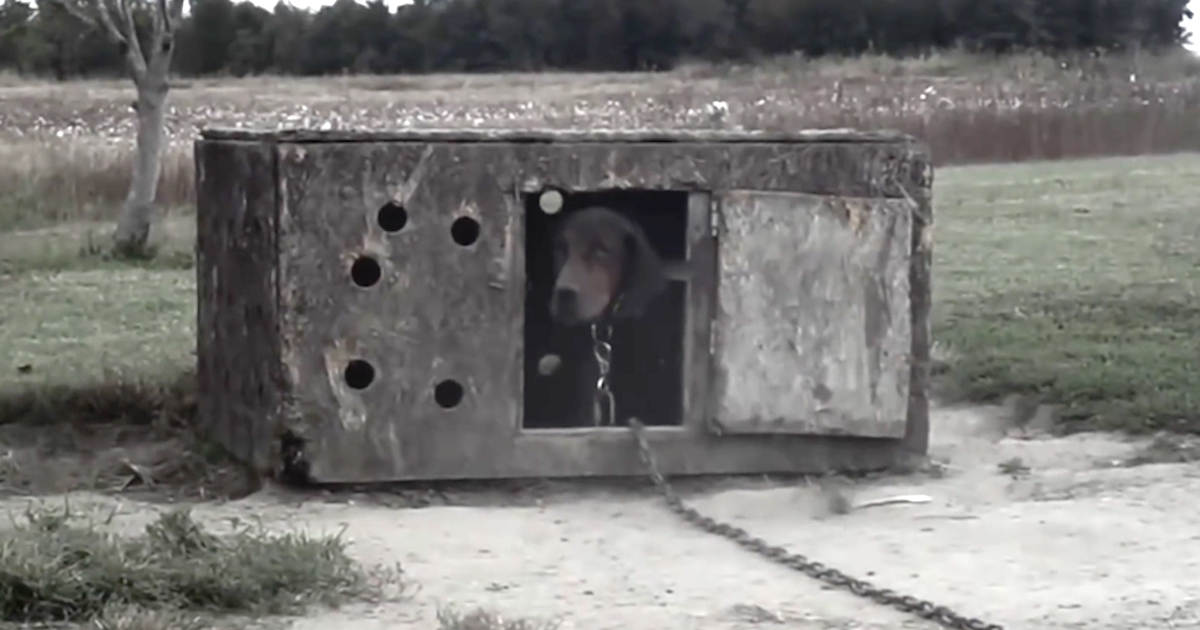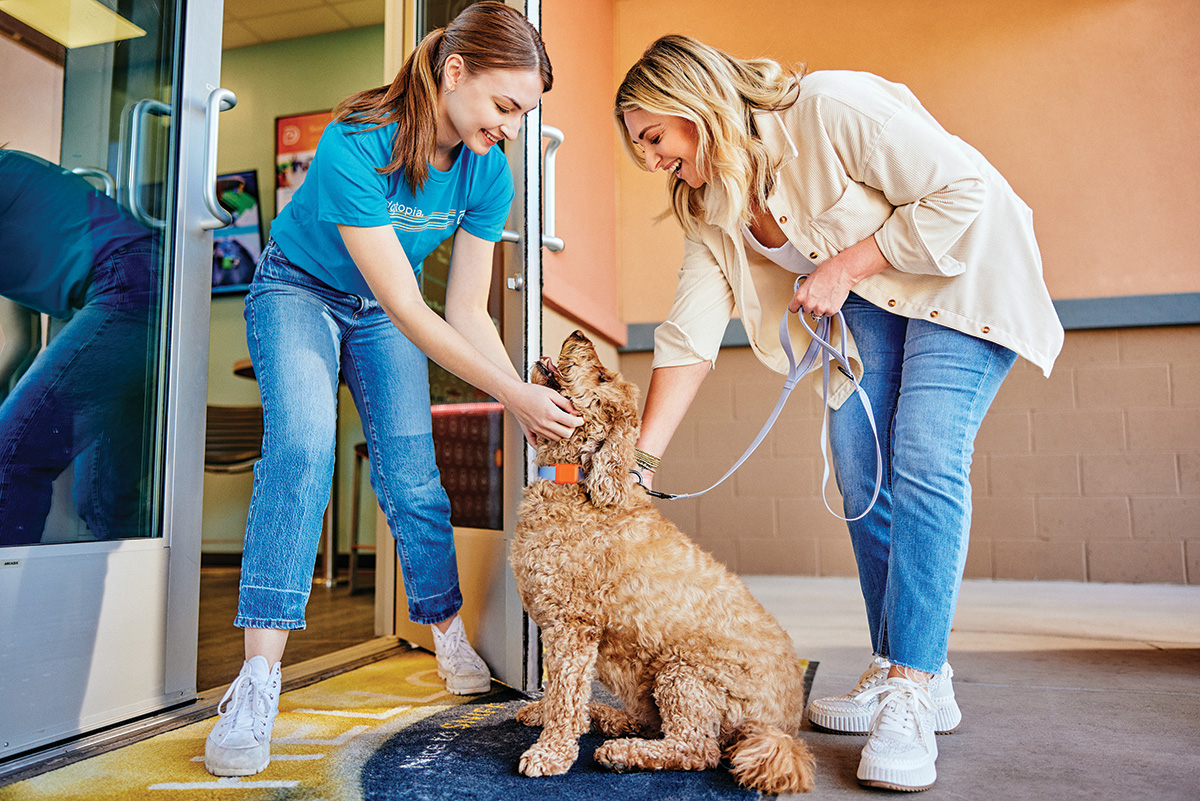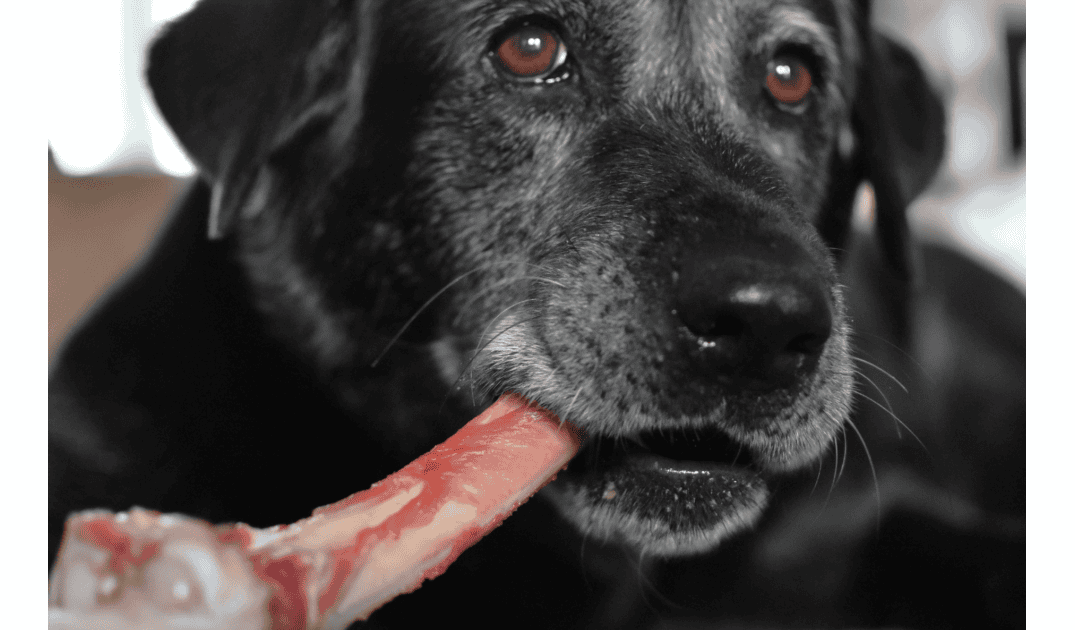 Shutterstock
Shutterstock
Owning a dog can bring immense joy and companionship to a person’s life, but it also comes with certain responsibilities, including maintaining both the dog’s health and your own. While dogs are typically clean, healthy pets, they can occasionally carry illnesses that can be transmitted to humans. These illnesses, known as zoonotic diseases, can range from mild to severe. Being aware of these potential health risks can help you take necessary precautions and keep both you and your furry friend in good health.
Rabies
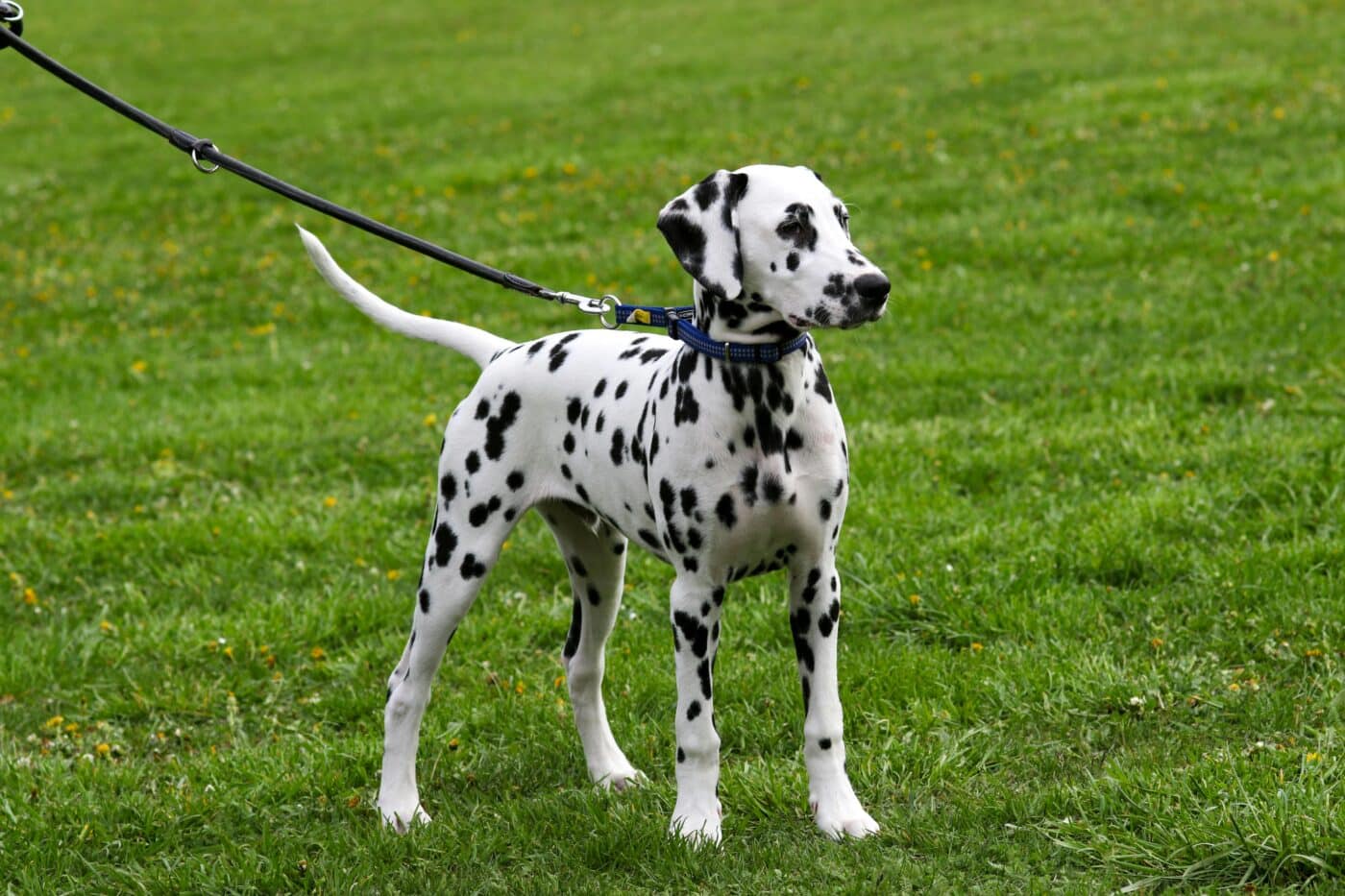 Shutterstock
Shutterstock
Rabies is one of the most well-known zoonotic diseases that dogs can transmit to humans, primarily through bites or scratches. It is a viral disease that affects the central nervous system, leading to inflammation of the brain and spinal cord. Once symptoms appear, rabies is almost always fatal in humans. However, rabies transmission can be prevented with vaccinations for dogs and immediate treatment following potential exposure. Ensuring that your dog is up-to-date on its rabies vaccination is crucial for preventing this deadly disease.
Ringworm
 Shutterstock
Shutterstock
Despite its name, ringworm is not actually a worm but a fungal infection that affects the skin. Dogs can transmit ringworm to humans through direct contact with the infected areas of their skin or fur. The fungus can cause a red, itchy, ring-shaped rash on the skin, hence the name. Ringworm is highly contagious but treatable with antifungal medications. Practicing good hygiene, especially after handling your dog or cleaning their bedding, can help prevent the spread of this infection.
Salmonellosis
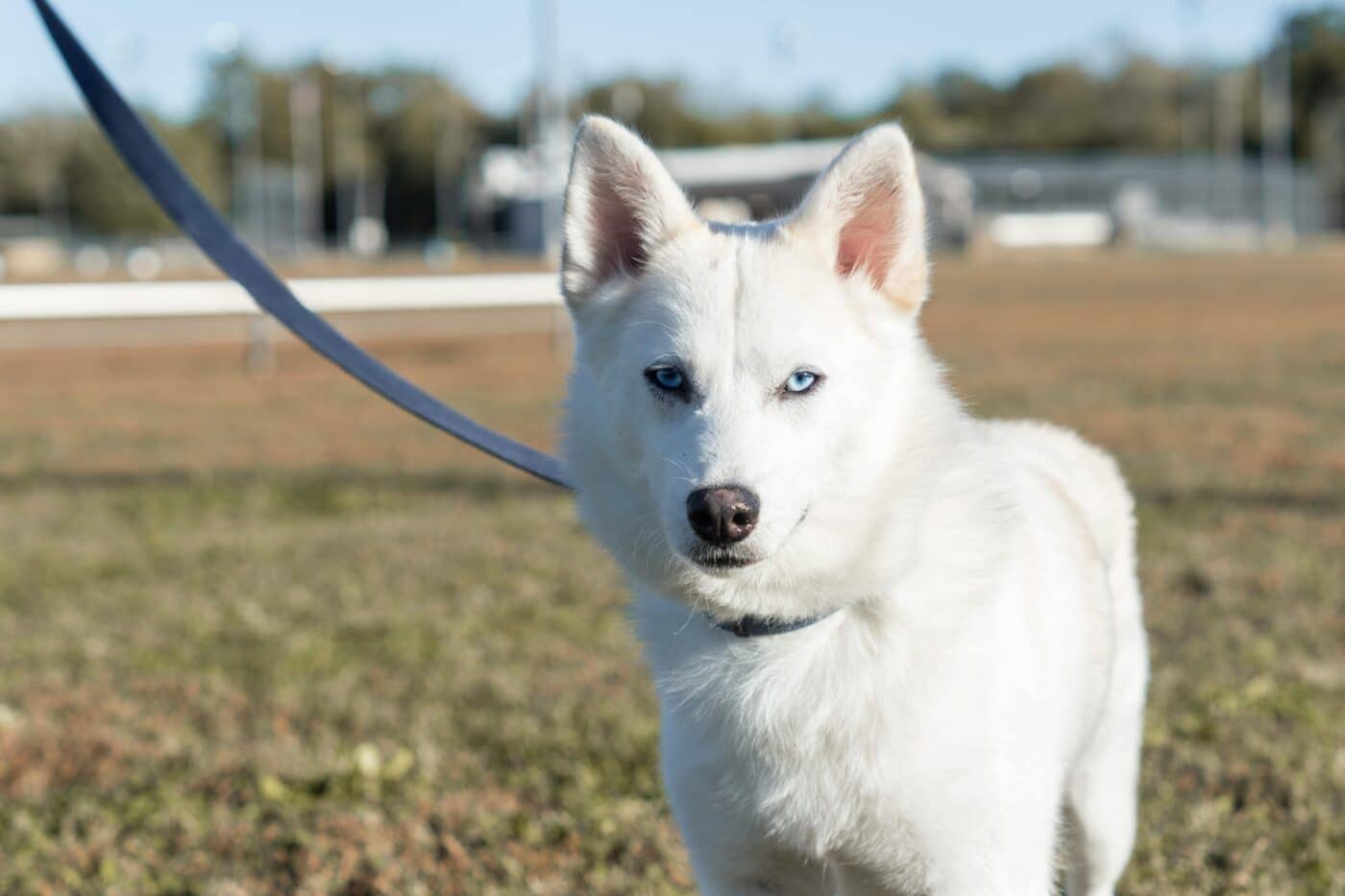 Shutterstock
Shutterstock
Dogs can carry the bacteria responsible for salmonellosis, an infection caused by salmonella bacteria. Dogs may contract salmonella from contaminated food, raw meat, or from exposure to feces. Humans can become infected by handling contaminated dog feces or food. Symptoms in humans include diarrhea, fever, and abdominal cramps. While salmonellosis can be treated, it can cause severe illness in young children, the elderly, and those with weakened immune systems. Always wash your hands thoroughly after handling your dog’s waste and ensure their food is stored and prepared properly.
Leptospirosis
 Shutterstock
Shutterstock
Leptospirosis is a bacterial infection that can be transmitted to humans through contact with a dog’s urine, or water contaminated by the urine of infected animals. This disease can lead to flu-like symptoms, such as fever, headaches, muscle pain, and, in severe cases, kidney or liver failure. Leptospirosis can be treated with antibiotics, but prevention is key. Ensuring your dog is vaccinated for leptospirosis and practicing good hygiene when cleaning up after them can help prevent the spread of this disease.
Campylobacteriosis
 Shutterstock
Shutterstock
Campylobacteriosis is another bacterial infection that dogs can pass to humans. It is often contracted through contact with dog feces, and it can also be transmitted through consuming contaminated food or water. Symptoms in humans include diarrhea, abdominal pain, fever, and nausea. Though it is typically mild, campylobacteriosis can be more severe in young children, the elderly, and individuals with weakened immune systems. Practicing good hygiene, such as washing your hands after handling your dog or cleaning up after them, can help reduce the risk of transmission.
Scabies
 Shutterstock
Shutterstock
Scabies, or sarcoptic mange, is caused by tiny mites that burrow into the skin, causing intense itching and rash. While canine scabies mites are specific to dogs, they can still cause temporary itching and irritation in humans who come into contact with an infected dog. These mites do not live long on humans and cannot reproduce on human skin, but the itching can last for several days. Treating your dog for scabies and maintaining a clean environment can help prevent the transmission of these mites.
Lyme Disease
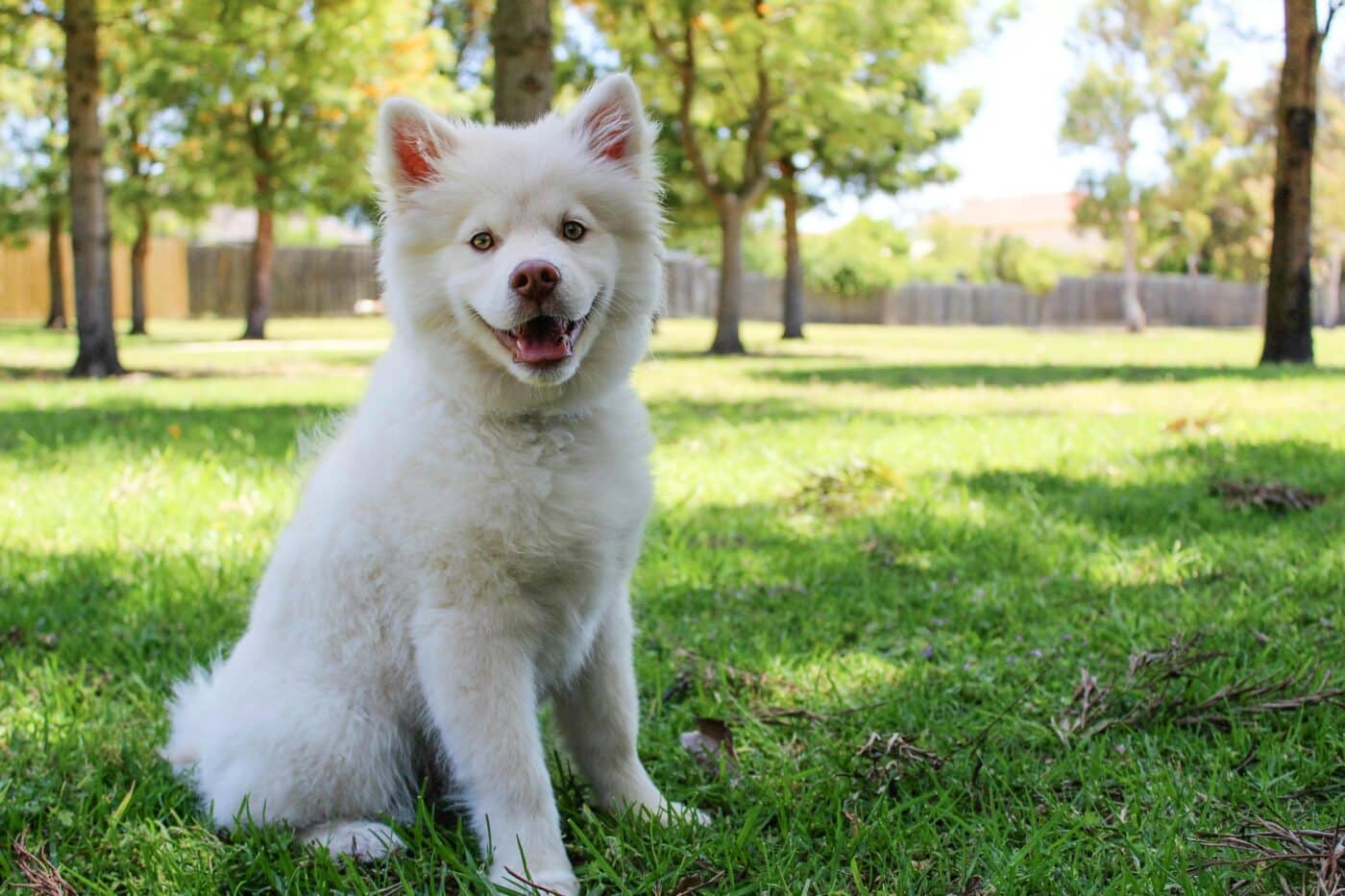 Shutterstock
Shutterstock
Lyme disease is caused by the bacterium Borrelia burgdorferi, which is transmitted through tick bites. Dogs can carry ticks into the home, which can then bite humans and transmit the bacteria. Symptoms of Lyme disease in humans include fever, headache, fatigue, and a characteristic bullseye-shaped rash. If left untreated, Lyme disease can cause joint pain, neurological issues, and even heart problems. To reduce the risk of Lyme disease, it’s essential to check your dog for ticks regularly, use tick prevention products, and remove ticks promptly if found.
Giardiasis
 Shutterstock
Shutterstock
Giardiasis is a parasitic infection caused by the protozoan Giardia. Dogs can carry the parasite and shed it in their feces, which can then contaminate water or food sources. Humans can become infected by ingesting contaminated water or through direct contact with infected dog feces. Symptoms include diarrhea, stomach cramps, nausea, and dehydration. Giardiasis can be treated with medication, but practicing good hygiene, cleaning up after your dog, and ensuring they don’t drink from contaminated water sources are key to preventing infection.
Hookworms
 Shutterstock
Shutterstock
Hookworms are intestinal parasites that can infect both dogs and humans. These worms are usually transmitted through contact with contaminated soil or feces. In humans, hookworm larvae can penetrate the skin, causing a condition known as cutaneous larva migrans, which results in itchy, red tracks on the skin. While this condition is treatable, it can be quite uncomfortable. Keeping your dog dewormed, cleaning up after them promptly, and avoiding walking barefoot in areas where dogs defecate can help prevent hookworm infections.
Tapeworms
 Shutterstock
Shutterstock
Tapeworms are another type of intestinal parasite that can be transmitted to humans from dogs, though this is less common. Humans typically become infected by accidentally ingesting tapeworm eggs, often through contaminated food or contact with an infected dog’s feces. In most cases, tapeworm infections in humans are mild, but they can cause abdominal discomfort and other digestive symptoms. Deworming your dog regularly and practicing good hygiene when cleaning up after them can reduce the risk of tapeworm transmission.
Toxocariasis
 Shutterstock
Shutterstock
Toxocariasis is caused by the roundworm Toxocara, which can be found in dog feces. Humans, particularly children, can become infected by accidentally ingesting the eggs of the roundworm after touching contaminated soil or surfaces. Once inside the human body, the larvae can travel to different organs, potentially causing serious health problems, such as eye damage or organ inflammation. Regular deworming of your dog and prompt cleaning up of their waste can help prevent the spread of toxocariasis.
Brucellosis
 Shutterstock
Shutterstock
Brucellosis is a bacterial infection that can be transmitted from dogs to humans, though it is relatively rare. Humans can contract brucellosis through contact with infected dog tissues, blood, or urine. Symptoms in humans include fever, sweats, headaches, and joint pain. In more severe cases, brucellosis can cause long-term complications such as arthritis or endocarditis. Preventing brucellosis involves maintaining good hygiene when handling your dog and ensuring that they are tested and treated for the infection if necessary.
MRSA (Methicillin-Resistant Staphylococcus Aureus)
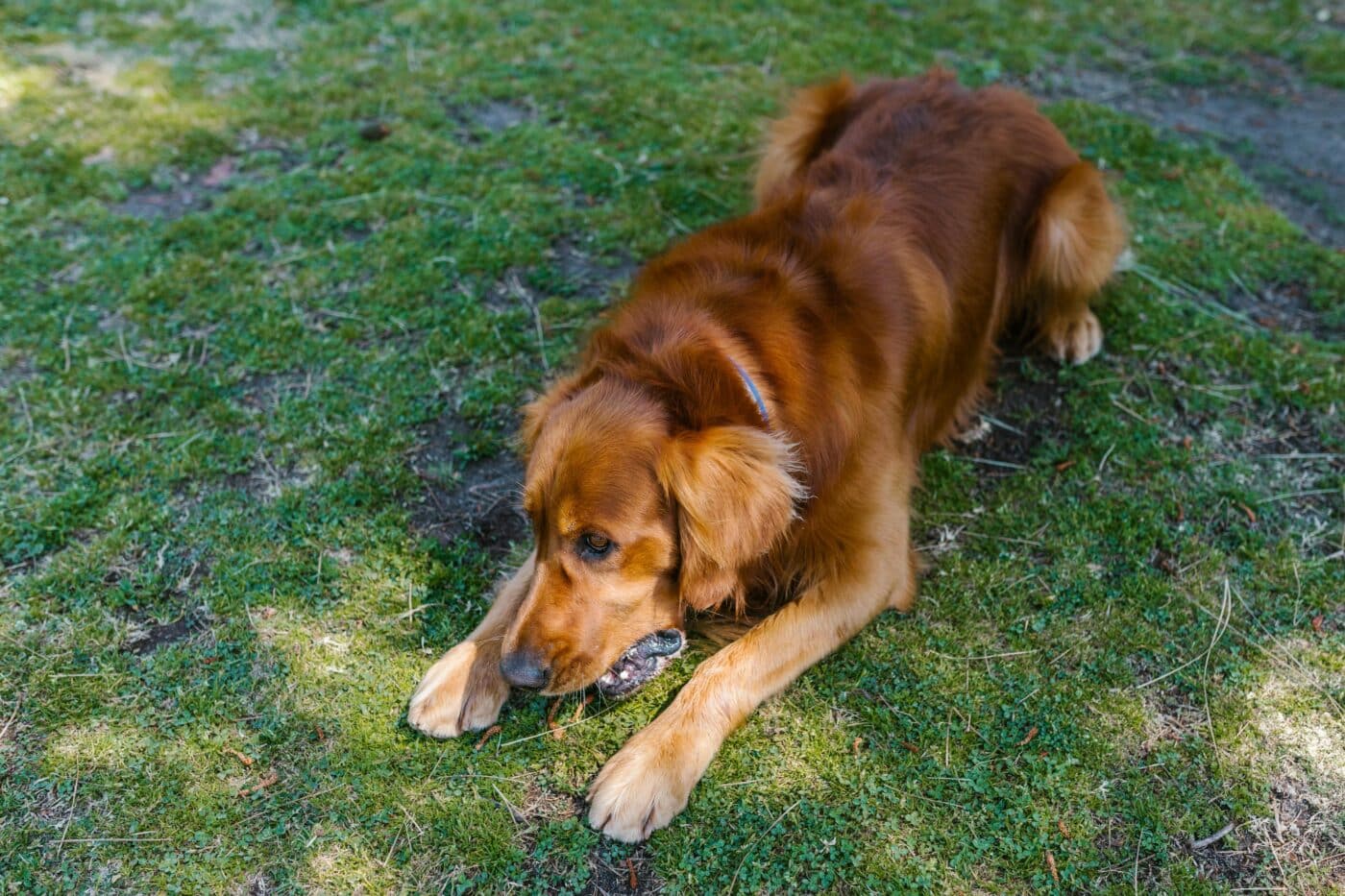 Shutterstock
Shutterstock
MRSA is a type of staph infection that is resistant to many antibiotics. Dogs can carry MRSA on their skin or in their nasal passages and can pass the bacteria to humans through close contact. While healthy dogs and humans can carry MRSA without showing symptoms, those with weakened immune systems are at higher risk of developing an infection. In humans, MRSA infections can range from mild skin infections to more severe, life-threatening conditions. Practicing good hygiene and minimizing unnecessary physical contact if your dog is known to carry MRSA can reduce the risk of transmission.
The Paw-sitive Side of Zoonotic Awareness
 Shutterstock
Shutterstock
While it’s essential to be aware of the diseases dogs can transmit to humans, these risks are manageable with proper care, hygiene, and preventive measures. Regular vet check-ups, vaccinations, and deworming can greatly reduce the chances of zoonotic diseases. Practicing good hygiene, especially after handling your dog, their waste, or their food, is key to staying healthy. By staying informed and taking preventive steps, you and your dog can enjoy a happy, healthy life together without any unwelcome surprises along the way.
